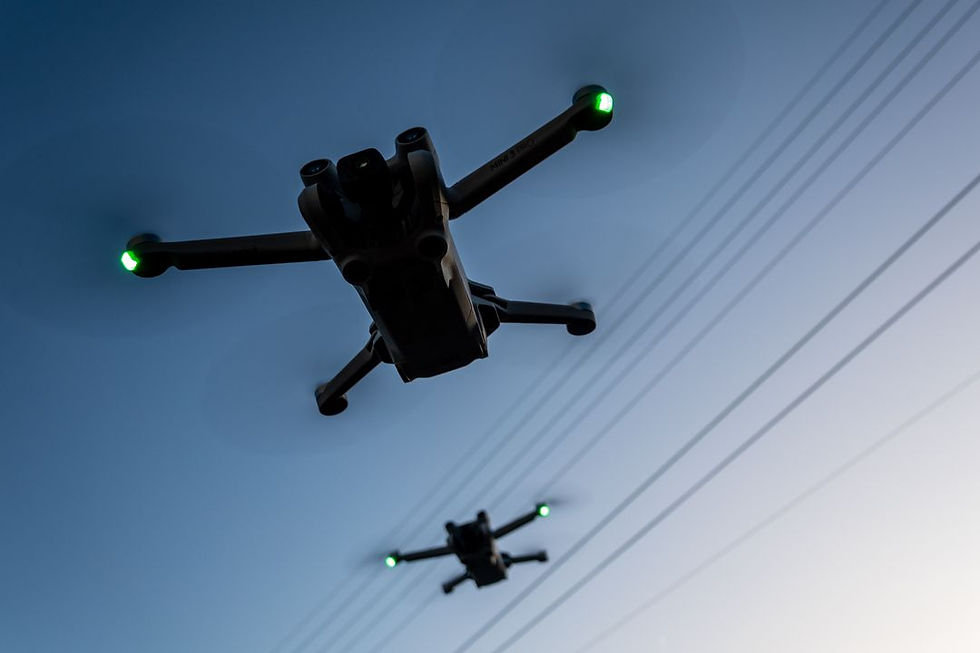
DJI Removes Drone Geofencing: A Shift in Drone Safety Strategy
- Jermy Johnson
- Jan 15
- 2 min read
In a significant move, drone manufacturer DJI has announced that it will no longer prevent its drones from flying over restricted areas in the United States. This includes locations such as airports, wildfires, and even the White House.
For over a decade, DJI's software had automatically blocked drone flights in these sensitive areas as a safety precaution. However, the company is now "placing control back in the hands of the drone operators," according to DJI's global policy head Adam Welsh.

DJI cites the introduction of Remote ID requirements by the FAA as the reason behind this change. Remote ID allows authorities to track the location of drones and their operators during flight, providing the tools needed to enforce existing rules.
This decision has raised concerns among industry experts. Former DJI head of global policy, Brendan Schulman, described it as a "remarkable shift in drone safety strategy with a potentially enormous impact." He noted the substantial evidence over the years that automatic geofencing had contributed significantly to aviation safety.
DJI maintains that its flight apps will continue to provide warnings if pilots attempt to fly into restricted airspace, but the ability to override these warnings will now be in the hands of the operators. The company suggests that common sense, empathy, and the fear of getting caught by authorities will be the primary deterrents against misuse.
This move by DJI comes at a time of increased drone distrust in the U.S., with an incident of a DJI drone hindering wildfire fighting efforts in Los Angeles. The U.S. government has also labeled DJI as a "Chinese Military Company," further complicating the relationship.
The implications of this policy shift remain to be seen, but it represents a significant change in the approach to drone safety and regulation. As the drone industry continues to evolve, the balance between user control and safety measures will likely be an ongoing discussion.








Comments